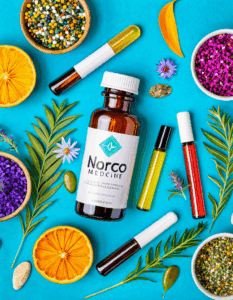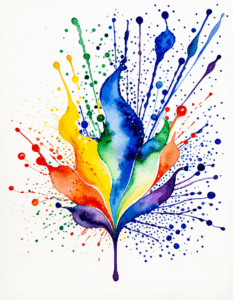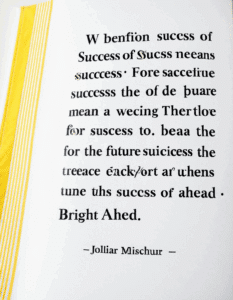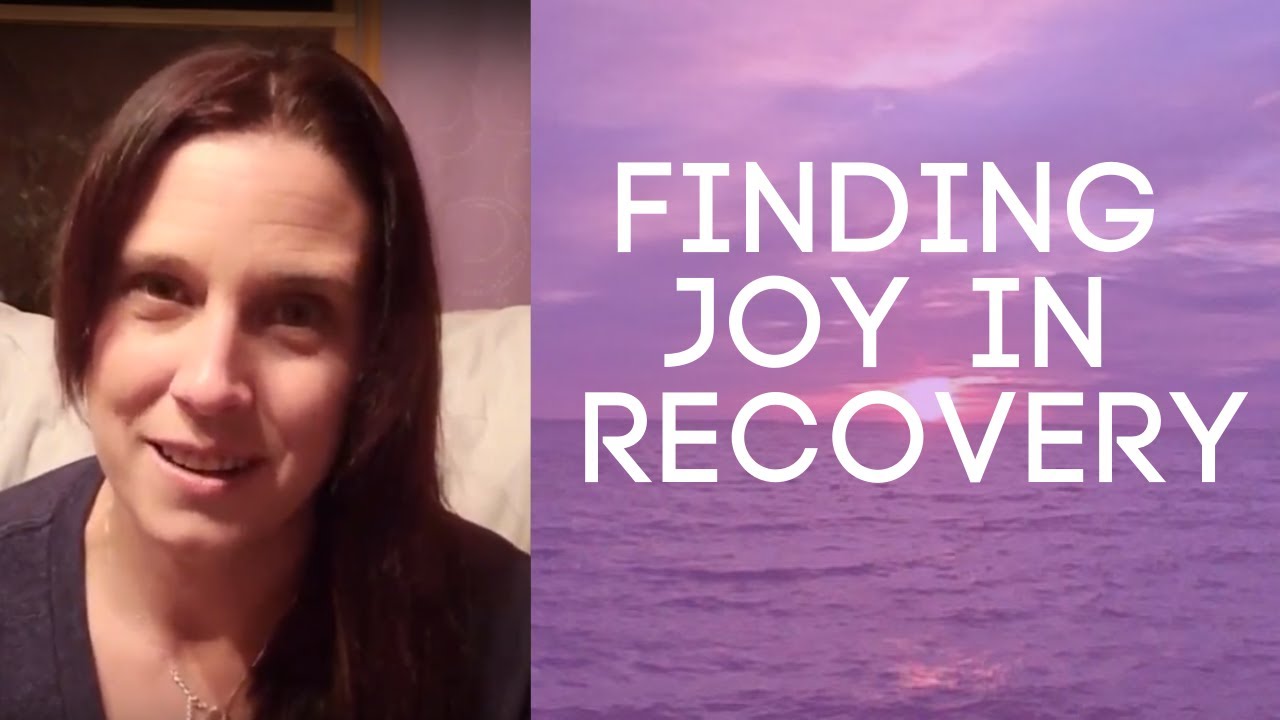
Finding Joy in Recovery: A Pathway to Healing
For many who’ve traveled the road of addiction, the pursuit of joy often feels far away. Yet, finding joy in recovery is not just a fleeting thought; it can be a real, tangible experience. Through the powerful practices of mindfulness and gratitude, individuals can reshape their everyday experiences, allowing them to connect with the present and appreciate life’s simple pleasures.
At Mothers Against Addiction, we know that the struggle can feel overwhelming. Parents, too, confront their own challenges when supporting a child battling addiction or mourning a profound loss. So, how can mindfulness and gratitude serve as bridges toward a more hopeful, joyful existence? By actively engaging in these practices, we can cultivate a resilient spirit, enhance our emotional health, and build a community of support as we travel this journey together.
Finding joy in recovery isn’t about chasing some high; it’s about learning to contentedly dwell in the present moment. The practices of mindfulness and gratitude help us stay grounded, enabling personal reflection and creating space for joy that is rooted in reality and authenticity.

7 Effective Mindfulness Techniques for Finding Joy in Recovery
Getting outside can do wonders for your mental state. Nature is a natural mood booster, with fresh air and stunning sights that help ease the mind. Whether it’s hiking through local parks or leisurely strolls in your neighborhood’s gardens, immersing yourself in the great outdoors can ground you in the moment. Patagonia encourages us to embrace outdoor activities, reminding us of the healing power of nature.
Feeling overwhelmed? Breathwork techniques, like diaphragmatic breathing or mindful meditation, can be your lifeline. Apps like Headspace make it easy for beginners to incorporate mindfulness into their day. By focusing on your breath, you anchor yourself in the here and now, creating a peaceful inner space where joy can grow.
There’s something immensely therapeutic about putting pen to paper. By journaling daily about your feelings and experiences, you create a space for self-reflection. This process can help identify old patterns and unveil emotions that need your attention. Notebooks from brands like Moleskine can inspire you to adopt this meaningful practice.
Physical activity isn’t just good for the body; it’s vital for the mind. Activities like yoga or even dancing can boost your mood and foster a sense of joy. At studios like CorePower Yoga, you’ll find classes that seamlessly blend mindfulness with movement, encouraging you to celebrate your body while building community.
It’s the little things that often bring the most joy. Training yourself to savor daily experiences—like indulging in your morning coffee or relishing a warm shower—can transform your outlook. Programs like The Mindfulness Project offer practices that cultivate this art of savoring, reminding you to cherish each moment fully.
You’re not alone on this journey. Connecting with others who truly understand your experiences can fill your heart with solace. Mindfulness-based support groups, such as those from Smart Recovery, provide a space where sharing meets self-exploration, fostering a sense of community.
Need a daily nudge to remember what’s good? Try creating a gratitude wall in your home. Fill it with affirmations, special photographs, and heartfelt messages that remind you of the positives in life. This personal cheerleading space can help shift your focus toward gratitude, enhancing your recovery journey.
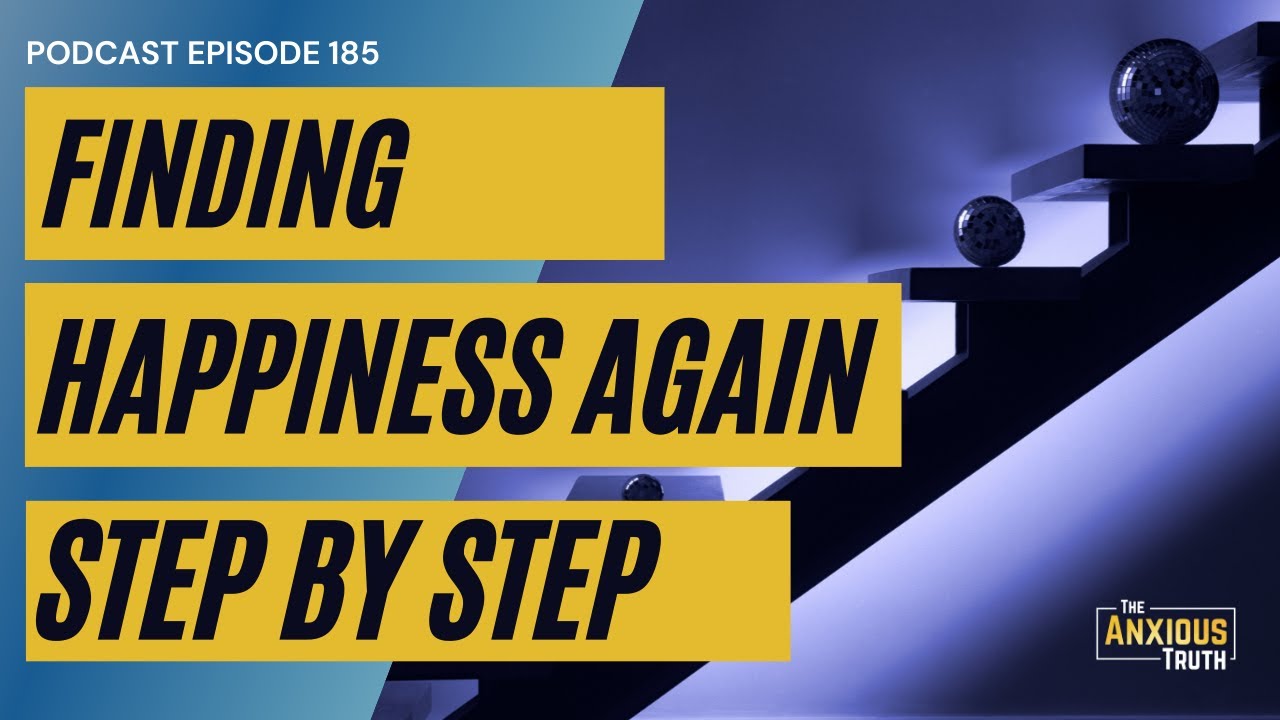
The Psychological Benefits of Gratitude in Recovery
Practicing gratitude does wonders for your mental health, particularly during recovery. Studies have repeatedly shown that regular gratitude can nurture happiness while reducing anxiety and depressive symptoms. A shining example is reported in the Journal of Happiness Studies, where participants experienced heightened life satisfaction after engaging in simple gratitude practices.
Moreover, gratitude does more than uplift your mood; it triggers the release of dopamine—a neurotransmitter that plays a significant role in how we feel. By fostering a mindset focused on appreciation, individuals in recovery create a vital buffer against stress and cravings. It’s a protective layer that fortifies you against potential relapse.
Integrating gratitude into your life helps weave resilience into your daily fabric. When you intentionally recognize moments of joy, you strengthen your emotional well-being, enhancing your capacity to navigate recovery’s challenges with grace and optimism.

Stories of Transformation: Real-Life Experiences with Mindfulness and Gratitude
Stories of real people who’ve embraced gratitude and mindfulness in their recovery can inspire hope. Take the journey of former NFL player Demetrius Andrade, who faced addiction battles. He attributes his recovery largely to the daily practice of gratitude and self-reflection. For him, acknowledging even the smallest wins has been pivotal in finding joy along the way.
Sarah Hepola, celebrated author of Blackout: Remembering the Things I Drank to Forget, reinforces that mindfulness was her anchor in sobriety. She recounts how cultivating gratitude—be it thanking a friend for their support or celebrating personal victories—helped her rediscover life’s joyful moments. These powerful narratives remind us that recovery isn’t just about avoiding substances; it’s about embracing life again.
As we share these stories, it becomes clear that finding joy in recovery is possible. It takes effort, community, and a willingness to cultivate mindfulness, but the rewards are abundantly transformative.
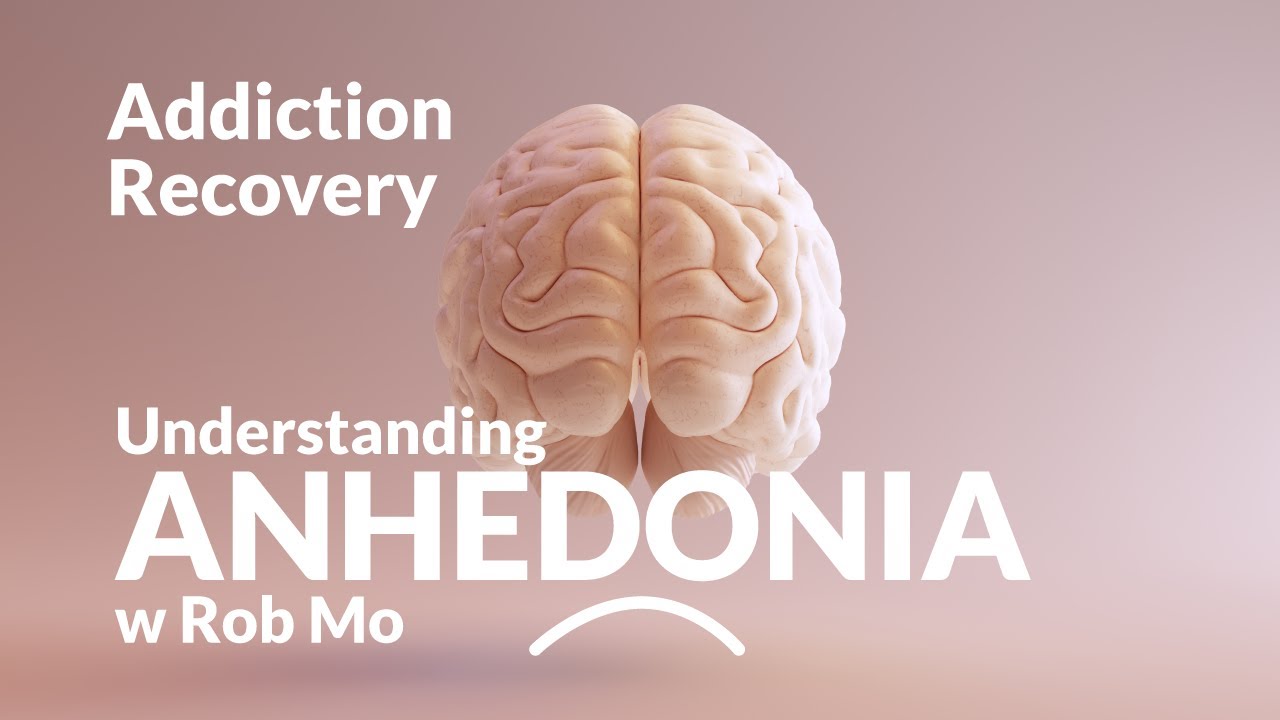
Incorporating Mindfulness and Gratitude into Daily Life
To keep the spark of joy alive, integrating mindfulness and gratitude into daily life is crucial. Small, consistent practices can make a meaningful difference. Start each morning by jotting down a few things you’re grateful for; this simple routine can set a positive tone for your day.
Also, pause before meals to engage in mindfulness practices. Taking a moment to appreciate your food can help you stay grounded and foster gratitude for what nourishes you. Building intentional moments to reflect on what brings joy can deepen connections to the present.
Getting involved with your local community can provide a sense of shared joy. Participating in collective activities, such as charity events or community clean-up efforts, can enhance personal fulfillment while reinforcing social bonds. Finding joy in togetherness serves not just you but also the community around you.
Reimagining Recovery: A Continuous Journey of Joy
Finding joy in recovery isn’t a one-time event; it’s a continuous journey rich with choices and practices that echo throughout your life. Mindfulness and gratitude should be cherished companions along this path, empowering you to cultivate resilience and emotional growth.
By embracing these practices, you’ll come to realize that joy can coexist with the struggles inherent in recovery. While the journey may be rocky at times, an open heart paired with mindfulness can illuminate your path, ensuring that joy becomes a steadfast ally in your healing process.
Engaging in practices that boost your mental well-being isn’t just valuable; it’s essential for sustaining your recovery. Through collective support and personal reflection, remember, you’re never alone in your quest for joy in recovery. Let’s nurture our spirits, celebrate small victories, and continue seeking joy in this beautiful, complex journey of life.
Visit Mothers Against addiction to explore more resources on Reconnecting with Purpose, Developing New Hobbies, and Staying Positive in Recovery. Together, we can inspire change and cultivate hope.
Finding Joy in Recovery
Embracing the Journey
Finding joy in recovery isn’t just an abstract idea; it’s a journey filled with small, bright moments that can turn the tide of challenges into beautiful memories. Did you know that practicing mindfulness can significantly enhance your emotional well-being? Research has shown that mindfulness activities can lower stress levels and boost overall happiness. For instance, children’s mental health advocates like Nathalie Issa emphasize how awareness and gratitude can foster resilience during tough times, paving the way for healing and renewal. It’s all about appreciating those little wins along the way.
The Power of Gratitude
Now, let’s chat about gratitude—what a game changer! Recognizing what you’re thankful for can dramatically shift your perspective. Have you ever heard about the inspiring journey of those who celebrated a major personal victory? Like the athletes Caitlin Clark and Angel Reese, who not only shine in their talent but also inspire their communities. Joy in recovery is a lot like that; it’s all about celebrating progress and surrounding yourself with positivity. When we focus on our blessings, it becomes easier to find joy even in difficult days.
Keeping Rhythm with Life
Finding joy in recovery can also involve unexpected outlets, like music. Did you know that the calming rhythm of steel Drums can create a serene atmosphere that promotes relaxation? Engaging in creative activities, whether it’s jamming to your favorite tunes or finding a rhythm in everyday life, helps anchor recovery. Just as one might ponder over the missing professor from Rochester, NY, whose disappearance reminds us how crucial connection is, these joyful activities frame our everyday experiences and help bridge the gap between past struggles and hopeful futures.
As you walk this road, remember it’s about the little things—finding joy in recovery each step of the way. Everyone’s journey is unique, and embracing the lighter moments can make a world of difference, turning even the toughest chapters into ones filled with laughter and hope. And who knows, maybe some joy could even spark discussions on important topics, like improving Us city crime rates to create safer spaces for all families affected by addiction. Keep finding that joy and share it widely!

What is joy in recovery?
Joy in recovery is recognizing that it’s about being present and content, rather than chasing the highs from substance use. It’s about finding small moments of happiness in daily life and building a new appreciation for the little things.
How to find happiness in recovery?
Finding happiness in recovery often involves discovering what truly brings you joy, which may include engaging in new hobbies, connecting with loved ones, or practicing mindfulness and gratitude. It’s all about learning to appreciate life as it is, not just what you’d like it to be.
How to find joy in being sober?
Finding joy in being sober can come from creating fulfilling routines, connecting with supportive communities, and celebrating achievements, no matter how small. It’s a journey of learning to enjoy life without substances, focusing on personal growth and self-discovery.
How to love yourself after addiction?
Loving yourself after addiction takes time and patience. It’s about forgiving yourself for past mistakes, acknowledging your progress, and prioritizing self-care and compassion as you rebuild your life.
How do I find my joy again?
Getting your joy back can be a gradual process that involves self-reflection, exploring new passions, and surrounding yourself with supportive people who lift you up. It’s all about taking small steps to reconnect with what makes you feel alive.
Are sober people happier?
Sober people can be happier, but it’s not guaranteed. Happiness in sobriety often depends on how well individuals adapt, their support systems, and their willingness to grow and change.
How to be happy after sobriety?
Being happy after sobriety means embracing new experiences, seeking support when needed, and practicing gratitude. It’s about shifting your mindset to focus on the positives that come with a sober lifestyle.
What are the four types of wives of alcoholics?
The four types of wives of alcoholics include the enabler, who helps keep the addiction going; the co-dependent, who relies on the alcoholic emotionally; the victim, who feels trapped; and the sober partner, who often struggles to cope with the situation. Each role impacts the family dynamic differently.
What are the 5 keys to recovery?
The five keys to recovery typically include acceptance, commitment to change, building a support network, developing coping skills, and practicing self-care. These elements help create a strong foundation for lasting recovery.
How long does it take to feel happy after getting sober?
Feeling happy after getting sober can vary from person to person, but many start to notice changes in their mood and outlook within a few weeks to months of sobriety. It’s an ongoing process that grows with time and effort.
How do I restore my joy?
Restoring joy can involve reconnecting with passions you may have put aside, practicing mindfulness, and fostering gratitude daily. It’s about actively seeking out experiences that bring you happiness.
How do you find joy after loss?
Finding joy after loss can be incredibly challenging, but it often involves honoring your memories while allowing yourself to heal. Focus on surrounding yourself with love and support, and gradually seek new ways to find meaning in life.
How do addicts forgive themselves?
Addicts can start forgiving themselves by acknowledging their mistakes, understanding the impact of their addiction, and accepting their past as part of their journey. It’s about moving forward with newfound wisdom and compassion.
What does life look like in recovery?
Life in recovery can be filled with both challenges and joys, including rebuilding relationships, embracing healthy habits, and discovering new interests. Each day is a chance to grow and live meaningfully.
What does AA say about self-love?
AA emphasizes self-love as an essential part of recovery, encouraging individuals to work through their past issues and practice self-compassion as they build a new life. It’s about recognizing your worth beyond addiction.
What is the clinical definition of joy?
The clinical definition of joy is often related to an emotional state of well-being and happiness that can come from fulfilling experiences, relationships, and personal achievements. It’s more than just fleeting pleasure.
What is the healing power of joy?
The healing power of joy lies in its ability to uplift mood, reduce stress, and promote overall well-being. Engaging in joyful activities can have a profound impact on mental and emotional health.
How do you get joy in suffering?
Getting joy in suffering involves finding meaning in difficult experiences and embracing the lessons learned along the way. It’s about focusing on hope and resilience, and reaching out for support when needed.
What is joy therapy?
Joy therapy is a therapeutic approach that focuses on cultivating joy and positive emotions through various activities, mindfulness practices, and community engagement. It helps individuals reconnect with what makes them happy.








